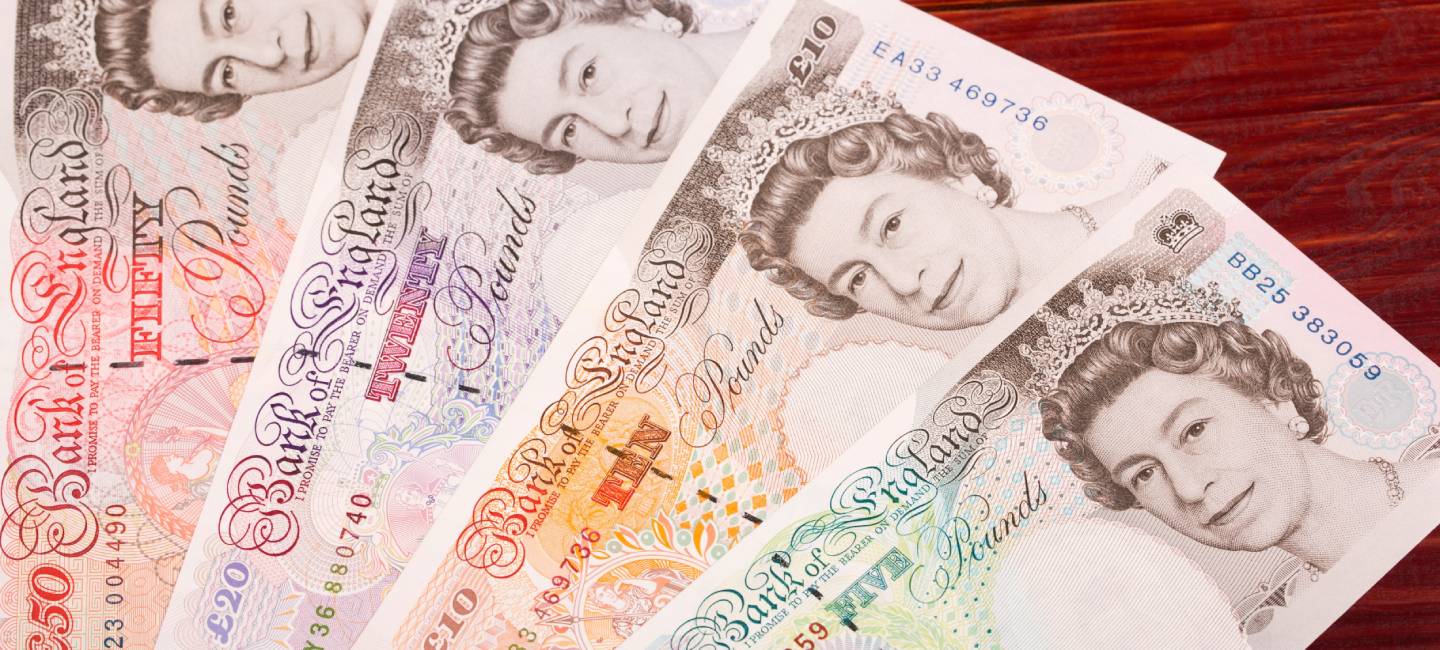
Having a clear-out can yield some exciting surprises and turn up long-forgotten treasures that might be worth a decent amount of money.
But before you decide to sell that antique furniture or vintage jewellery, it’s important to find out if there’s a different kind of surprise: whether there will be any tax to pay.
Selling your treasures may not be as simple as the TV shows make out, as you could be liable for Capital Gains Tax (CGT), which is a tax on assets that have increased in value.
“Each asset's tax liability is influenced by factors like the item's nature, its ownership history, and the specifics of the transaction,” explains Shaun Moore, tax and financial planning expert at wealth management firm Quilter. “Understanding these nuances is essential for anyone in possession of valuable items, be they inherited family heirlooms, personal collections, or investment pieces.”
It can be complicated, but the good news is that, firstly, CGT will only be charged on higher-value items. Secondly, everyone can enjoy some gains each year before needing to worry about tax – although the CGT threshold is lower than it used to be.
On this page:
Will I need to pay tax on family treasures?
Find out what your treasures are worth
How much tax will I need to pay?
Check out your family treasures
Capital Gains Tax (CGT) is a tax that you pay on the gain (or profit) you make when selling (or even giving away) an asset (in tax speak, you will see this referred to as ‘disposing’ of the asset).
As well as things such as property and investments, this includes moveable items that you have in or about your home, such as paintings, antiques or jewellery. These are referred to (once again in tax-speak) as ‘chattels’. If you’re having a clear-out and selling some items, it’s the CGT rules on ‘chattels’ that will be relevant.
Importantly, it depends how much you sell your chattels for. Guy Sterling, a tax partner at Moore Kingston Smith, says: “There is special relief for chattels, and disposals only need to be reported if the proceeds from the sale of an individual item exceeds £6,000.”
Your personal car is always exempt from CGT. You also don’t need to pay CGT on so-called ‘wasting assets’. These are items such as mechanical devices – for example, vehicles or antique watches and clocks – that are deemed to have a lifespan of 50 years or less, which means their value should decrease over time.
So, if you find a Tompion clock or a brace of Purdey shotguns in your attic, you’re not only very fortunate, but you also won’t need to worry about tax.
In addition to these exceptions, everyone also has a CGT allowance each year that defines how much they can make through sales before paying tax. Currently this is £3,000, having dropped from £6,000 on 6 April 2024.
Once you have made the decision to sell or give away an item and you think it could be taxable, it’s worth:
● Making a note with a description of the piece
● The date you bought or inherited the item
● An estimation of its worth at that point in time
You will also need to know what it is worth now. You can often get a good idea online, but for rarer or more valuable finds, you might need to get a professional valuation before selling to avoid a nasty surprise.
It’s worth using a reputable source. The British Antique Dealers’ Association website lets you search for members in your area.
The reason for doing all of this is CGT will only apply to your gain – the difference between the value of the item when it came into your possession and its current value. You might hear this referred to as your 'chargeable gain'.
Note that sets, like a pair of candlesticks or a collection of chessmen, need to be valued as one item.
If you are lucky enough to sell your item for more than £6,000 and your gain (on this item and any other assets you have sold in the current year) is more than the value of your allowance, then it is likely that you will have to pay some CGT.
You'll need to work out how much tax needs to be paid. HMRC has guidance on how this is calculated, depending on the amount the item goes for. If you sell something for between £6,000 and £15,000, you’ll need to calculate something called the ‘maximum chargeable gain’.
How much you pay depends on your income tax rate. If you are a basic-rate taxpayer, you pay 10%, while higher-rate taxpayers pay 20% (just so you know, the rates are different if you are selling property).
However, for those on the basic rate, it can get a bit confusing. If the value of your gains pushes you into the higher rate tax bracket, you will also have to pay CGT at the higher rate. If you're unsure about any of this, HMRC suggests talking to a tax adviser to help.
You will need to declare your gain to HMRC and pay any tax that you owe. This can be done on your tax return, or if you aren’t registered for self-assessment, you can report it using HMRC’s real time service - note here that you must report by 31 December in the tax year after you made your gain and pay by 31 January.
Nick Sinclair-Wilson, from BRI Wealth Management, says many of his clients end up keeping their treasuries, rather than selling them for a profit, because they have sentimental value.
But, he warns, that doesn’t necessarily mean there won’t be any tax to pay. “This can have knock-on implications,” he explains. “When you die, these items would then be included in your taxable estate and your beneficiaries may end up paying inheritance tax – and potentially being forced to sell up to pay the bill.”
You might consider gifting the treasure to your children or grandchildren. This means that the item would be exempt from inheritance tax, as long as you live for seven years after the gift.
However, giving an asset away won’t change your capital gains tax liability, as this arises when you dispose of the asset, even if you give it away (unless it’s to your spouse) The “market value” of the asset when you give it away is what’s used to determine your CGT liability.
Sinclair-Watson warns that the recipient may later become liable for CGT if they sell or give away the asset. So if you’re a recipient, it’s useful to make a note of the ‘market value’ of the item at the time you received it – as that will affect any future CGT liability.
So, you’ve decided that it’s worth selling something you no longer want around the house – but you’re now wondering if it’s worth the hassle.
While the tax rules can be complicated, remember that you only need to declare items that are sold for more than £6,000, and you’ll only start paying tax on your capital gains if you make an annual profit of more than £3,000. Again, if you’re at all unsure, it’s best to talk to a tax adviser for a simple check.
For most of us, this is the sort of cash we can only dream of when we start sifting through the ‘treasures’ lying around our homes.
But if you do manage to make a tidy profit from your clear-out, it’s always worth being clear on your tax situation.

Our guide shows you how to exchange or sell your old coins and notes – including the easiest way to do it.
.jpg?la=en&h=650&w=1440&hash=D2D232A61FCEAEBDC0D69D8AE38E8E41)


Understand how your money is taxed in retirement and learn simple ways to reduce your bill.



We're here to help you make the most with your money. With a rage of financial services designed with over 50s in mind.